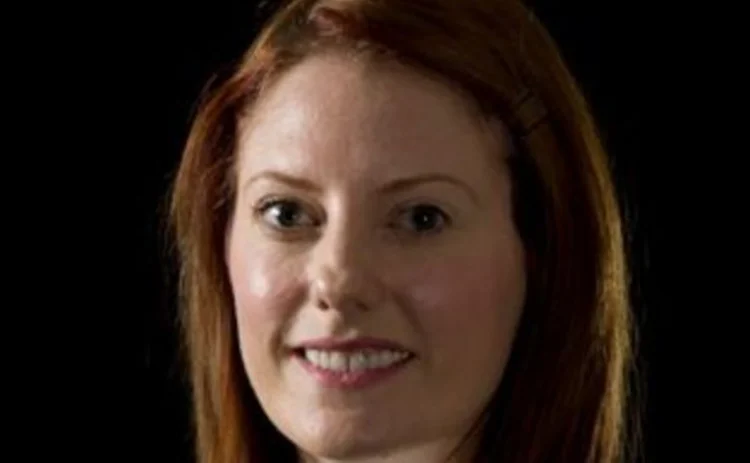
Fracking: The insurance implications

The government has given the green light for fracking to continue to extract gas in Lancashire, but what are the implications for the insurance industry? Fleur Rochester explains.
Europe's energy policy has been mindful of three factors: climate change, energy security and promoting a genuine internal energy market. The movement away from polluting coal and towards insecure Russian gas has caused its own problems.
Governments continue to struggle with the politics of nuclear power and the economics of other subsidised options, including wind and solar.
Shale gas is not a new discovery and neither are the underlying drilling techniques, but the development of the technology for accessing reserves at low cost provides Europe with a bridging opportunity between lower carbon fossil fuels and viable renewable energy.
Lessons are to be learnt from North America, where fracking has made the US into a viable exporter of natural gas.
The technology has received terrible press coverage, most notably in The New York Times and the Academy Award winning nominated documentary, Gasland.
The primary focus in the UK has been in relation to the risks caused by earthquakes. This physical manifestation has obviously been headline grabbing for local residents and the media.
However, geological disturbances caused by the extraction of fossil fuels are not a new phenomenon.
In August 2002 and 2007, Manchester experienced several earthquakes caused by the Pendlefield fault. Those earthquakes, including one measuring 3.9 on the Richter scale, were linked to coal mining in the Lancashire field.
Actuarial science has been able to respond to those minor risks and people have continued to buy and sell properties regardless. The implementation of the Department of Energy and Climate Change's recommendations will provide further comfort to insurers.
If experiences in the US are to be repeated, it is the risks of environmental pollution from the release of methane, the impact on water supplies and the unknown health implications that may be of greatest concern.
The legal implications and the commercial risk/reward ratio for insurers in relation to these issues are still an unknown quantity and any exposure may be increased by the UK's higher population density.
Some concerns will remain about long-term health hazards and other latent issues, especially in view of some evidence from the US linking wells to poor air quality and asthma among nearby residents.
Some home insurance policies may exclude damage caused by pollution and contamination, which would be a concern for those living near shale gas wells.
Insurers may also see an opportunity to sell earthquake policy protection to cautious insureds, which has become common in the US. In addition, claims against drilling companies may become increasingly prevalent.
A prudent operator will already have a range of insurance cover, including bespoke operator's extra expense insurance to cover the risks of a damaged well; excess liability insurance to cover against physical damage to third parties; and environmental liability insurance to cover the risks of contamination above and beyond public liability insurance cover.
The general insurance industry view is that, compared with the perils of oil and coal extraction, fracking holds no greater risks provided that the drilling companies adhere to best practice.
The difference is that the environmental implications of fracking are still not fully understood and, especially in the UK, it is going to be taking place near large population centres.
Notwithstanding the current media spotlight, reasonably priced products are always likely to be available for insureds who can demonstrate high standards and a good track record.
What is fracking?
Fracking is a technique used to excavate gas and involves creating minor explosions underground, then injecting chemicals to release trapped gas.
Cuadrilla Resources was forced to stop fracking 18 months ago after the technique caused two small earthquakes in Lancashire.
Fleur Rochester, partner, Hill Dickinson
Only users who have a paid subscription or are part of a corporate subscription are able to print or copy content.
To access these options, along with all other subscription benefits, please contact info@postonline.co.uk or view our subscription options here: http://subscriptions.postonline.co.uk/subscribe
You are currently unable to print this content. Please contact info@postonline.co.uk to find out more.
You are currently unable to copy this content. Please contact info@postonline.co.uk to find out more.
Copyright Infopro Digital Limited. All rights reserved.
You may share this content using our article tools. Printing this content is for the sole use of the Authorised User (named subscriber), as outlined in our terms and conditions - https://www.infopro-insight.com/terms-conditions/insight-subscriptions/
If you would like to purchase additional rights please email info@postonline.co.uk
Copyright Infopro Digital Limited. All rights reserved.
You may share this content using our article tools. Copying this content is for the sole use of the Authorised User (named subscriber), as outlined in our terms and conditions - https://www.infopro-insight.com/terms-conditions/insight-subscriptions/
If you would like to purchase additional rights please email info@postonline.co.uk
Most read
- Covéa shrinks staff numbers by almost a third amid further losses
- DLG or Esure – which Peter Wood baby is most likely to bounce back?
- Aviva CEO warns home insurance premiums need to go up